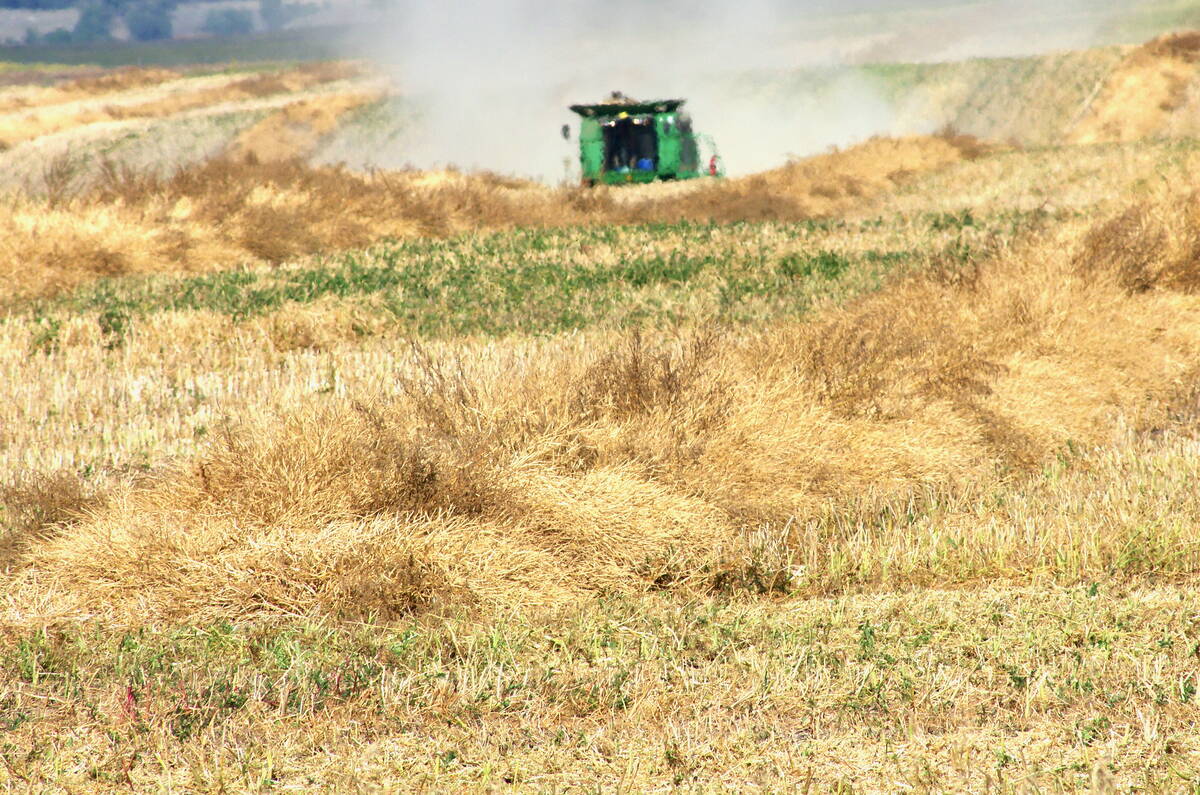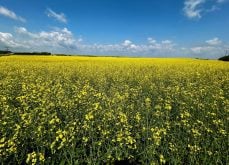Taiwan’s Food and Drug Administration announced yesterday it has banned imports of Canadian beef products following the confirmation of BSE in an Alberta beef cow.
That decision follows earlier announcements from South Korea, Indonesia, Peru and Belarus that imports were temporarily halted.
“We’ll know in the next week if there will be more countries or not,” said John Masswohl of the Canadian Cattlemen’s Association.
South Korea announced it was halting customs clearances for Canadian beef while Taiwan has placed a wider ban with no indication when trade might resume.
Read Also

Increased interest-free canola cash advances rolling out
Doubled interest-free advances for canola through the Advance Payments Program are now available says the Canadian Canola Growers Association.
Indonesia accepts about half of Canada’s production of bone meal.
Peru placed a temporary 180 day suspension of beef imports.
Belarus has suspended imports of live animals.
Exports to Peru and Belarus have been negligible but Taiwan is a large market, said Masswohl.
“Taiwan is a little more concerning. They have done this before,” he said.
“Our hope is this is going to be temporary but they haven’t given us any indication how long we might expect it to take,” he said.
Lengthy negotiations to return to Taiwan resulted in considerable delays as Canada continued to report cases since the first one in 2003. Trade resumed on a limited basis in 2007, and last year Taiwan agreed to accept bone-in beef from cattle younger than 30 months.
The next step is to learn what these countries need to know about BSE in Canada and what is being done to control it, said Masswohl.
The Canadian Food Inspection Agency has been sending information to assuage concerns and resume exports.
South Korea has received information packages on surveillance, disease controls and a description of BSE to help government make its decision about reopening. However, the country is still celebrating the lunar new year and all work has slowed for the holiday season.
The United States is Canada’s largest customer for beef, and it has said it will not impose any trade sanctions.
The most recent case was discovered in a cow born in 2009 on an Alberta farm two years after the federal government implemented a strict ban disallowing rendered ruminant material to enter the food, cattle feed or fertilizer chain.
Specified risk materials like the brain, spinal cord, glands and nerve tissues must be removed from cattle older than 30 months. These must be destroyed and disposed of to prevent them from potentially spreading the brain wasting disease BSE.
Protein products made from cattle may still be fed to other species like poultry, and both may be manufactured at the same facility, as long as certain steps are taken to keep the products from commingling, said Craig Price, regional chief inspector of the CFIA.
“The core of the feed ban that was put in place in 1997 still exists, but it has better controls and a far reaching feed ban than it was in 1997,” said Price.















